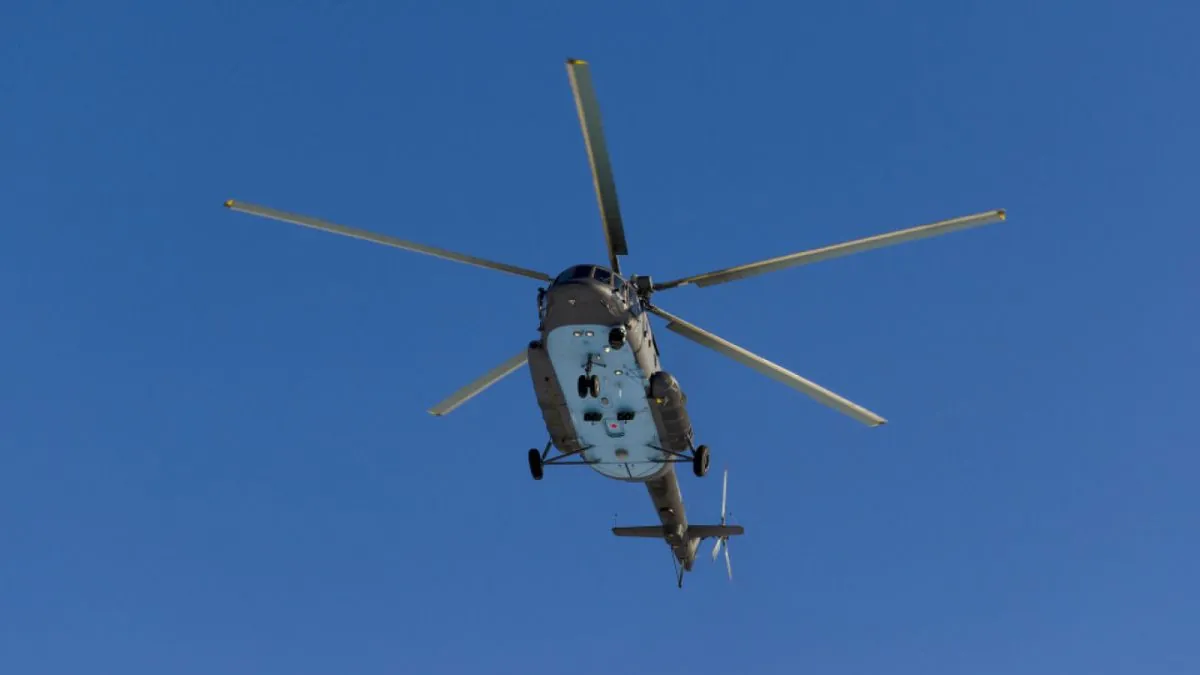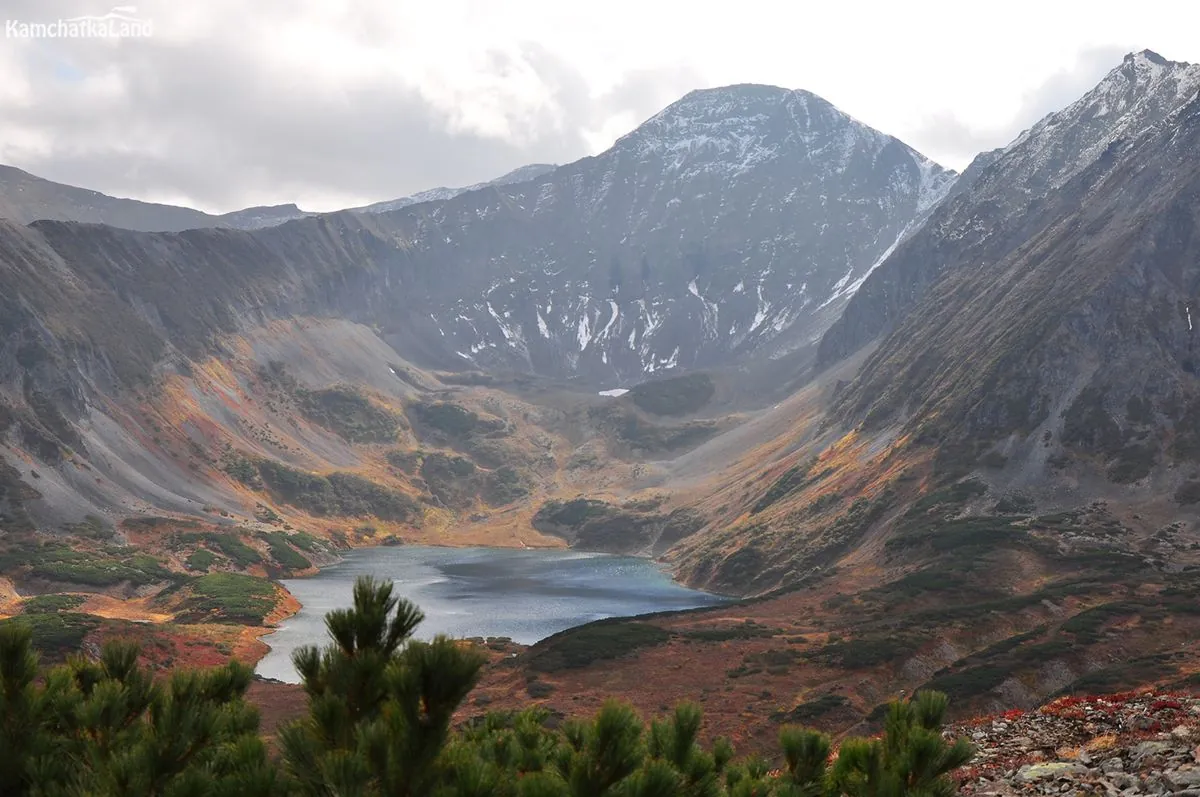Helicopter Wreckage Found in Russia's Kamchatka Region
Rescuers have located the crash site of a missing Mi-8 helicopter in Russia's far eastern Kamchatka region. The aircraft, carrying 22 people, was found at an altitude of 900 meters near its last known contact point.

In a recent development, search teams have discovered the wreckage of a Mi-8 helicopter that went missing in Russia's far eastern Kamchatka region. The aircraft, which was carrying 22 individuals, including 19 passengers and three crew members, failed to reach its intended destination as scheduled.
Sergei Lebedev, the Kamchatka region's minister for emergency situations, confirmed the preliminary information about the helicopter's crash. The Russian Emergencies Ministry reported on Telegram that the wreckage was spotted from the air at an altitude of 900 meters, near the location of its last known contact.
The Mi-8 helicopter, a two-engine aircraft designed in the 1960s, took off from an area close to the Vachkazhets volcano complex in Kamchatka. This region, known for its challenging terrain and harsh climate, is home to numerous active volcanoes and geothermal features, making search and rescue operations particularly difficult.

The Mi-8 has a storied history, with over 17,000 units produced since its introduction. First flown in 1961 and entering production in 1965, it has become one of the most common operational military aircraft globally. The helicopter's maximum speed of 260 km/h and range of 465 km have made it a versatile choice for both civilian and military applications worldwide.
Helicopter transport plays a crucial role in Russia's Far East, including the Kamchatka region, which has a population of approximately 315,000 people. The limited road infrastructure in these remote areas necessitates the use of air transport for various purposes.
As of now, no official information has been released regarding the status of the passengers or crew members. The Russia's Federal Air Transport Agency, responsible for overseeing civil aviation in the country, is likely to be involved in the investigation of this incident.
This event serves as a reminder of the challenges faced in aviation, particularly in remote and environmentally demanding regions like Kamchatka. The peninsula's unique ecosystem, home to diverse wildlife including brown bears and salmon, adds to the complexity of such operations.
As investigations continue, this incident may prompt further discussions about aviation safety measures and the importance of robust search and rescue capabilities in Russia's vast and often inhospitable territories.


































